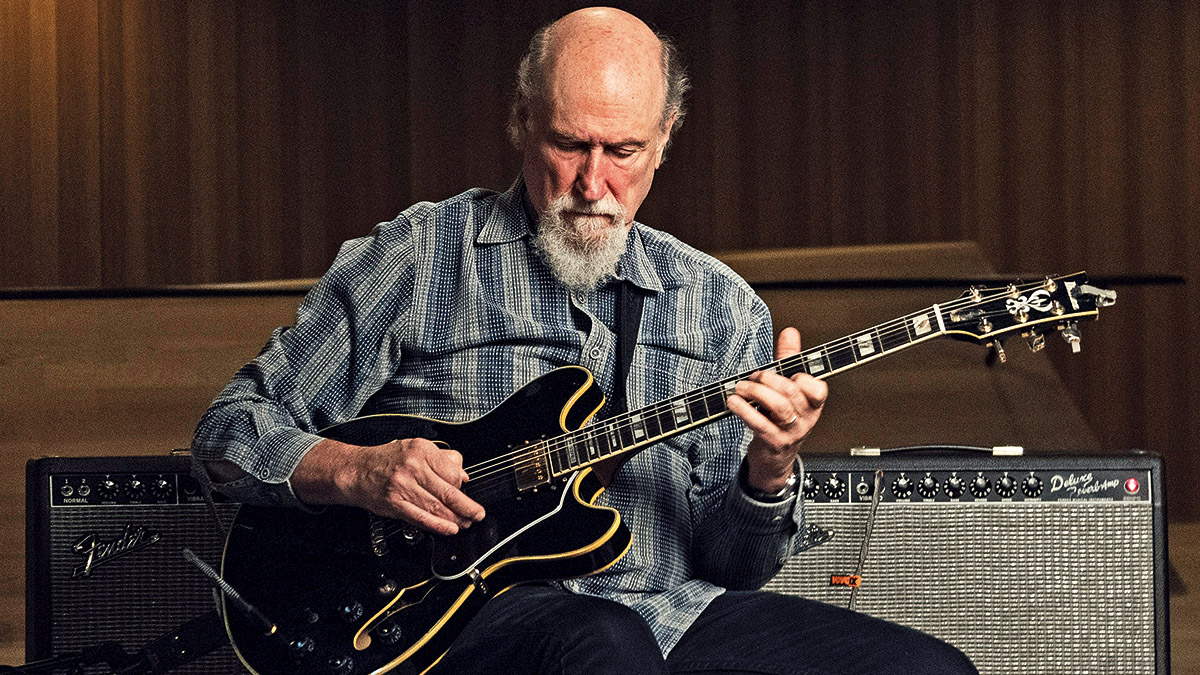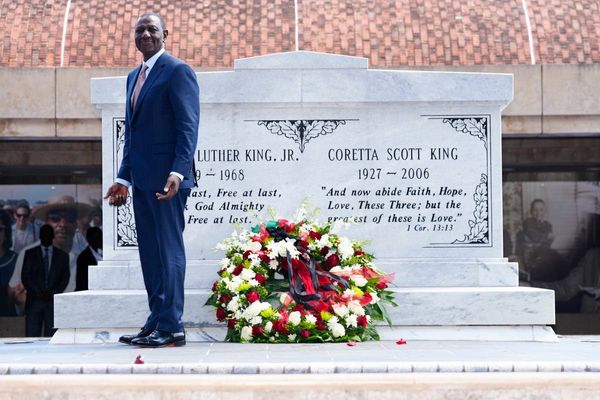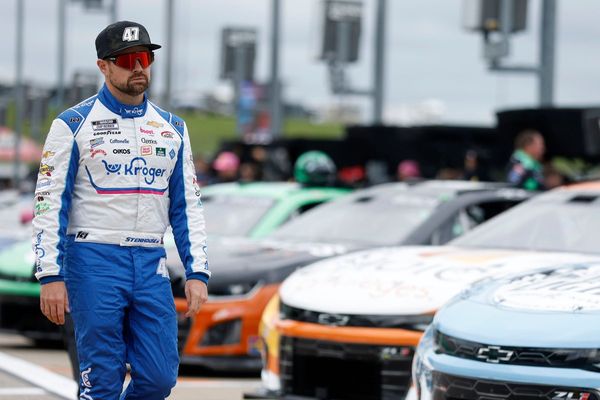
“What happened was, I recorded a bunch of tracks with my buddies. We had a lot of songs and we just recorded all of them and it turned out to be a lot of music.” John Scofield is musing about releasing a new double-CD package during our Zoom interview.
“And then Manfred Eicher [head of the ECM label] said, ‘Well, we’ll just put it all out.’ I still think maybe I should have gone back and just selected the best ones, but, hey, put it all out there. Maybe some of it will float!”
The result is Uncle John’s Band, the title of which is drawn from a Grateful Dead song – not a band you’d immediately associate with cutting-edge jazz improvisation.
How did the title track come about?
“It’s a Grateful Dead tune and it’s just a song that I liked. I thought, ‘When in my life am I gonna have a chance to call an album something with my own name in it?’ It’s not supposed to be a Grateful Dead tribute album. But I just thought, ‘Hey, Uncle John’s Band, that’s gonna work, you know: I’m John and it’s my band. So here we go.”
Were you ever a fan of the Grateful Dead?
“I was aware of them. In the back of my head I would hear a couple of their songs I would like – I would like the melody and the chords – but I wasn’t really aware of them. I was certainly not a Deadhead! But then, 15 years ago or something, I was recommended to Phil Lesh, the bass player from the Grateful Dead.
“He has this band, they play all Grateful Dead tunes, and they’re really popular in the States. Different players play with him all the time, so over the years I’ve played a bunch of gigs with him and had to learn Grateful Dead tunes.
“I would write my little lead sheets up, sit there with my music stand like the old jazz guy and play with them – and we became friends. And this is, I guess, my favourite of the Grateful Dead songs and it just happens to be named after me.”
You’ve also covered Neil Young’s Old Man and Bob Dylan’s Mr Tambourine Man – what’s the story there?
“Before I heard the Grateful Dead, Mr Tambourine Man was a hit by The Byrds on the radio. This is when I had just got my guitar; I was a kid and I was looking for tunes that I could play. I always liked the song and I liked their three-part harmony. And I always liked Neil Young.
“That song has a vamp that I liked, that’s part of the song: six bars, two chords, so you’re playing on Fmaj7 for three bars to Dmaj7 for three bars, which is a nice little thing to just blow over. And it feels like jazz to me. So, again, it’s quite different from what Neil Young did. I guess I’m enough of a rocker that I can play these songs.”
Coming closer to home, you’ve done Budo by Miles Davis and say in the album liner notes that you’ve modelled it on Miles’ quintet version.
“Yeah, Miles did a lot of different versions. It was first the Birth of the Cool band and they play slightly different changes, which are closer to the Bud Powell song that it was taken from. Miles put a different bridge on it; it’s [based on] Hallucinations by Bud Powell.”
Everyone we interview who played with Miles has stories about working with him. Is this the case with you?
“He could be very cocky. But he could also be really modest when he was talking to people about improvising and jazz. I remember that some nights he would listen to a tape of himself and say, ‘I played like shit…’ He could be really self-effacing. There’s a lot of funny stuff, too; he was hilarious.
“One time he invited me to come up to his apartment to listen to some music. So I did and he left me alone in the room and went and called my wife and said, ‘Where’s John?’ She knew he was bullshitting, luckily, because Miles didn’t care. He was a mischief-maker, you know? But I treasure the time I got to spend with a giant and learn from him.”
What guitar is featured on the new album?
Ibanez gave me this AS200 and I loved it and started playing it. It just played great. So I played it for a month on the tour and I’ve never stopped playing it
“I have two Ibanez AS200 guitars that I’ve had for many years – since the ’80s. One is black and one sunburst. I’m pretty sure this is the black one. Although I’ve been using the sunburst one again lately, they have different pickups on them. And it’s a little different neck size.
“I was originally given an Ibanez guitar in 1981, I think it was, when I was in Japan. There was a period when the Ibanez company was trying to get American artists to switch over and play their guitars.
“So I was there in Japan with my Gibson ES-335. I have one that is now considered to be from the classic era of 1963, although somebody changed the fretboard so it’s not exactly original, but that was before I bought it. So I had my Gibson but the neck had warped because it was summertime and the neck really had a bow in it.
“At that point I was still chicken to do neck adjustments with a truss rod, so I was just getting through on my Gibson, just playing it anyway. Ibanez gave me this AS200 and I loved it and started playing it. It just played great. So I played it for a month on the tour and I’ve never stopped playing it.”
How does the AS differ from your 335?
“Well, I’ve gotten my old Gibson out and people have said, ‘Oh, man, you gotta play the Gibson, that’s the real deal.’ And they’re different, but there’s something about the Ibanez that I am really used to, and I prefer the evenness of it that’s not there on the Gibson.
“When they asked to make a John Scofield model, the AS200 had evolved – it was like 20 years later or more – and they weren’t making them the same. I didn’t like it as much and I said, ‘Could you guys go back and figure out how to make it like you used to make it?’ And they said, ‘Well, we can try.’
Writing music is arduous. It’s like you write something that sucks. Then the next day you write something else that sucks. Then the next day you write something else and, ‘Oh, that’s possible’
“But then they got back to me and said, ‘We’ve lost the schematics to that original guitar, [so] when you come to Japan would you let us take that guitar and scan it to figure out the exact dimensions?’ Which they did. They tried to get the pickups to sound like they’re from ’80/’81 and they were successful. I’m not a guitar tech and I don’t know that much about the guitar. I tend to just play guitar and it either feels good or it doesn’t.”
Which guitar amp are you using now?
“It’s a Magnatone. I actually had one when I was a kid. It was the famous Lonnie Mack amp he played on the tune Memphis [1963] and had this wild vibrato. The company started up again – somebody bought the name – and they’re really good. Great amp, man. I just liked it. I don’t even know if it’s the same as the old Magnatones, but it has a beautiful sound and that’s what I used. It’s their combo, you know? 50-watt combo, one 12-inch speaker.”
What about pedals?
“I think I used almost no pedals on this one. I did use this looper that I used on my solo record [John Scofield, ECM, 2022] on two tunes, but I didn’t use it to create an actual play along, metric loop like I do on the solo record. I just did some weird backwards stuff.
“On Mr Tambourine Man, I had a weird Indian-like loop that I played over that’s just a drone. It’s a Boomerang Looper Phrase Sampler, an old one. I have a really good distortion pedal that I like, it’s a Klon. They’re pretty famous now, and I have an old one that this really great guitarist in Las Vegas, Jimmy McIntosh, gave me. He invited me to play on his record years ago and then he gave it to me. Now it turns out it’s become very in-demand. But I don’t think I used it on any tunes on the record.
“I’m using distortion from the amp, just by jacking it up a little bit, which you can do nicely with the Magnatone.”
Do you find composing new tunes easy?
“I don’t. I find that’s not as much fun as playing the guitar. I love to just sit there, and I’ve gotten good enough so I can play through standards and progressions and swing on my own. I just love doing that and it’s fun.
“Writing music is arduous. It’s like you write something that sucks. Then the next day you write something else that sucks. Then the next day you write something else and, ‘Oh, that’s possible.’ And then you have to wait another day to go back and see if it’s any good. And I’m talking about a two-bar phrase or something. Then you start connecting things.
“But when you do come up with a song that works, there’s nothing like it. Because I hold composition in the highest esteem and everything. Well, I hold jazz improvising in the highest esteem, too. But when you play an original tune, it’s so great because you make it your own. You don’t have to compare it with the great versions by other people and wonder about that. You just have some music that’s yours. And I love that.”
- Uncle John's Band is out now via ECM.







